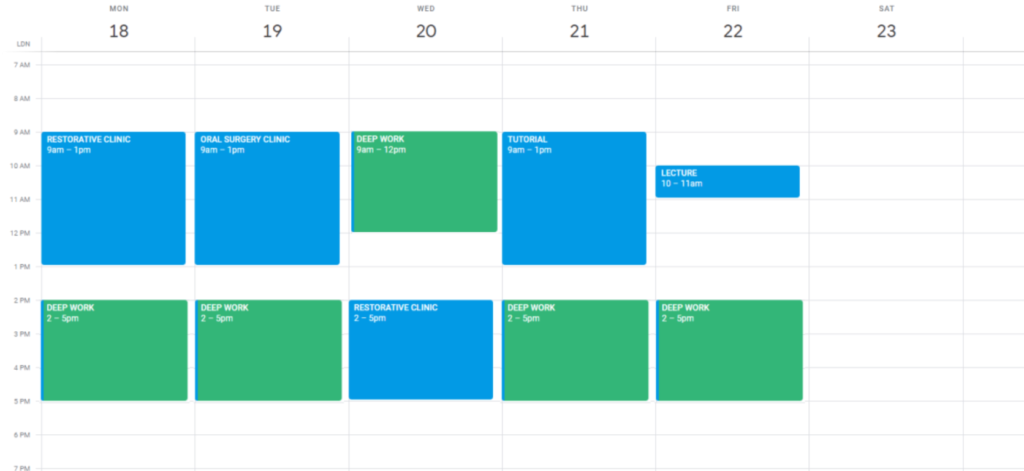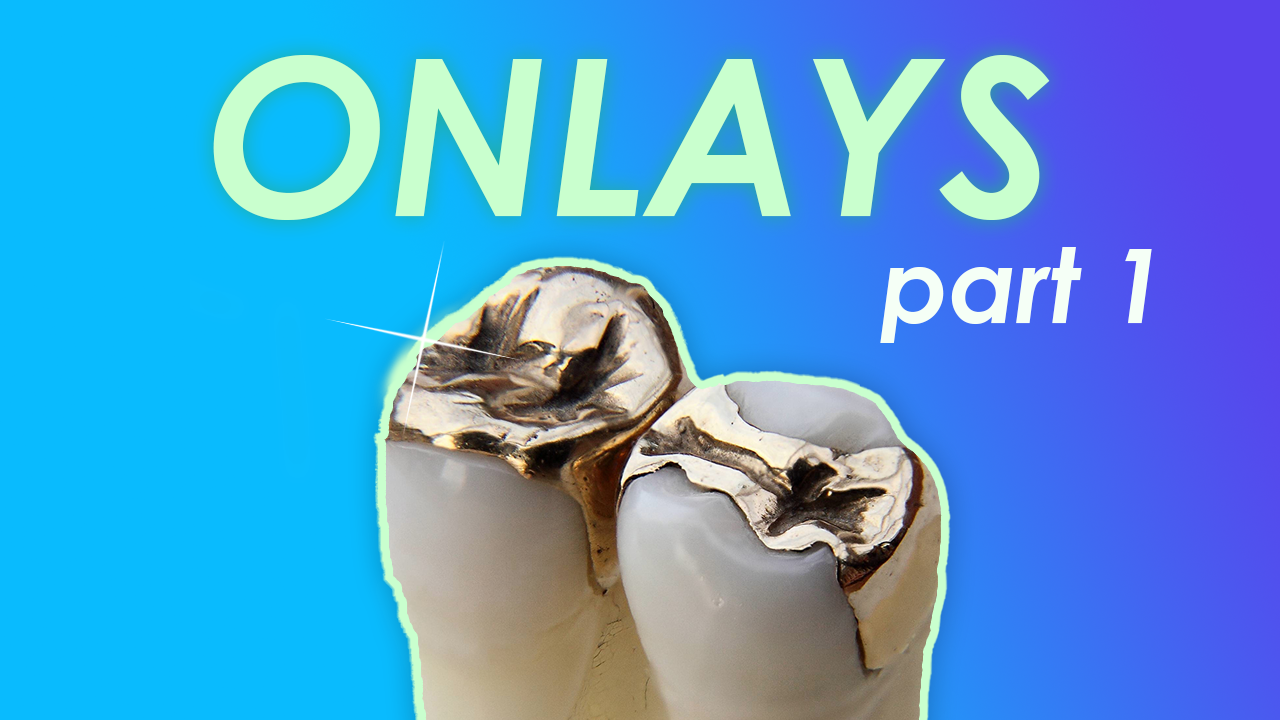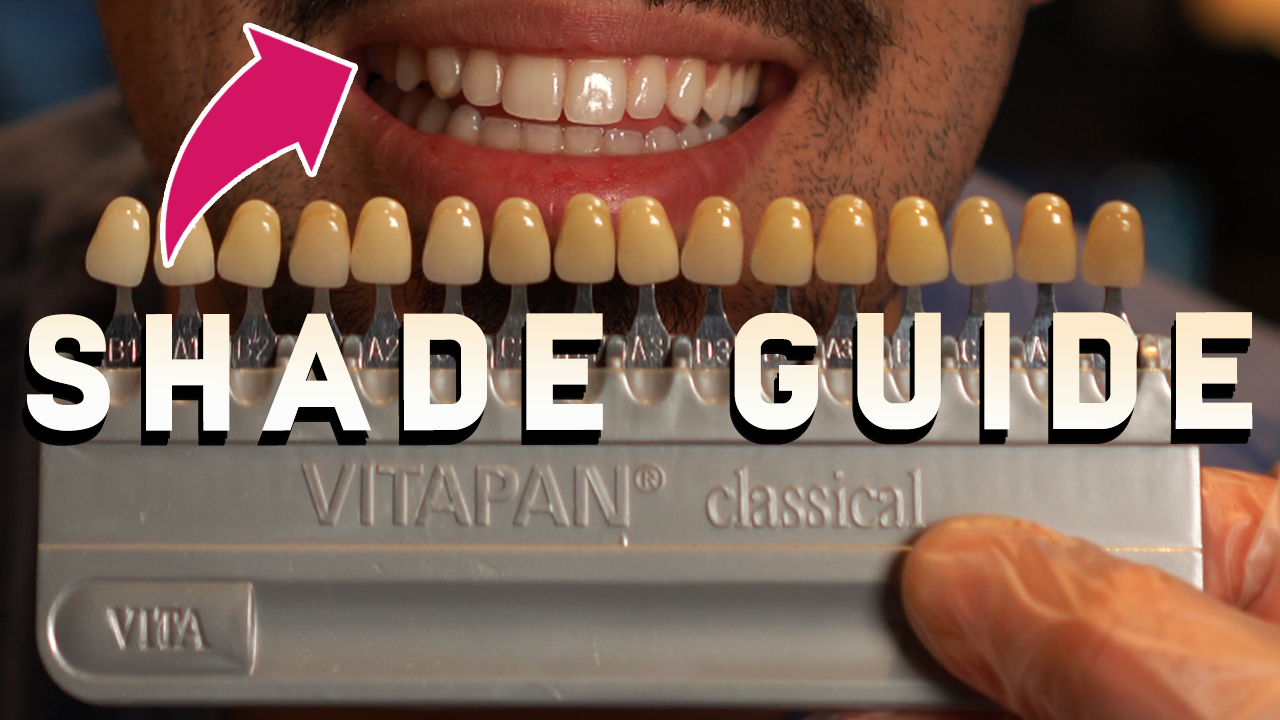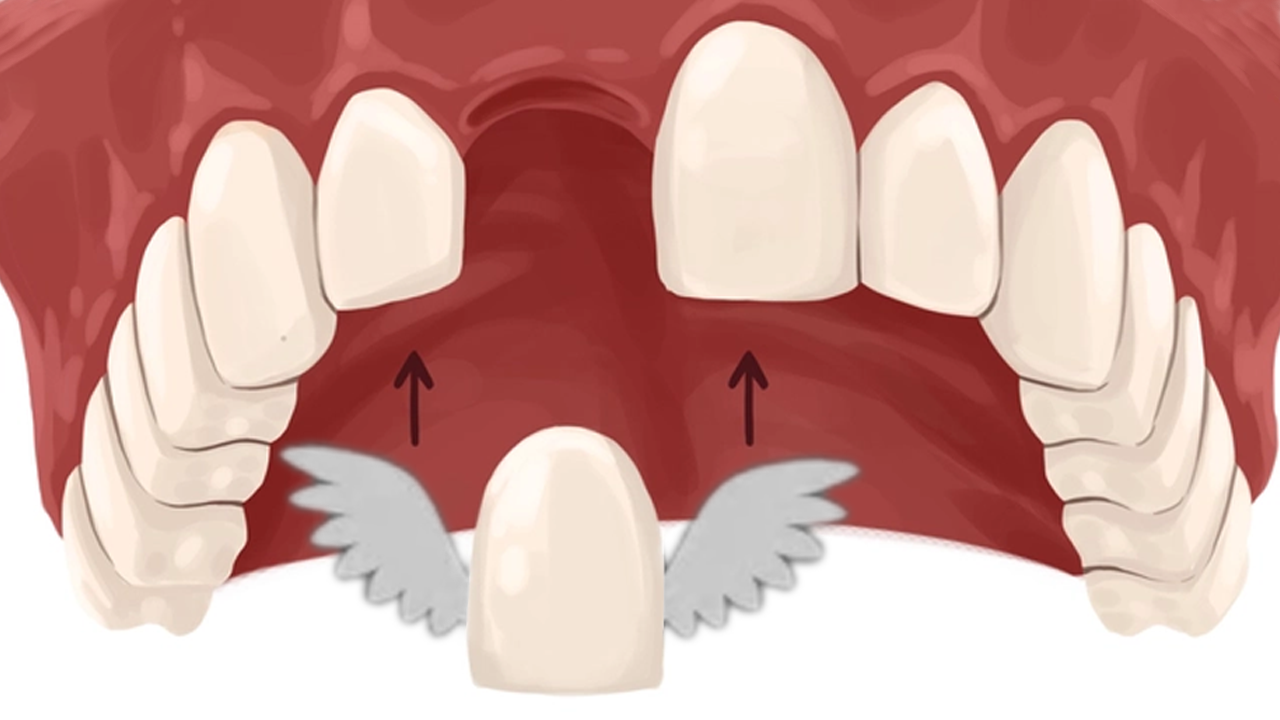If you prefer videos, watch the youtube video where we cover our 3 part series on how to study smart. In the first video I explained why you should be revising in 3 hour blocks of deep work and in this video I’m gonna give you my top 5 tips on how to stay focused in these sessions of high-intensity work. If you don’t know what deep work is, I highly suggest you watch the first video of the series and then come back to this video. Let’s get into it.
Tip 1 – Make deep work a habit
The first thing I want to mention about how to stay focused is making deep work a habit. In the first blog, I explained how a routine and scheduling deep work blocks into your calendar, requires much less willpower to start deep work and keep going. And so in the long run, your deep work attempts will succeed more often compared to just randomly deciding you want to start revising using deep work. That’s because we humans are creatures of habit. Cal Newport tells a story of a comedian developing a routine. Each day they made a good joke, they’d mark it on their calendar with a big red X. After a few days, a chain of X’s start to form on the calendar and this would give them a rush. Eventually, they’d have 2 weeks of red X’s and the motivation to keep this going would be huge. How does this tie in with studying and routine deep work? Well simply put, it’s easier to keep it going when the ball is rolling. So you should keep count of how many hours you spend in deep work and display your tracking somewhere visible to keep you motivated. I like to keep a deep work tally card with me in my notebook and every time I complete an hour of deep work, I add a line and continue working towards my target.

Tip 2 – The Ideal Location
Next, you want to decide on where you’re studying. An ideal location would be somewhere that’s quiet and not too much traffic, like people walking past or around you or being surrounded by friends or family members who might call your name every now and then. If you’re in a library, find a seat that’s far away from entrances or toilets since those areas will have lots of people walking past. If you’re at home, mention to your whole family or flatmates that you’re going to start deep work and ask them to not call you for the next 3 hours. And if you’re in a noisy location, your best bet would be to put on headphones.

Tip 3 – Remove all distractions
The next thing is the most obvious thing which no one ever does because they’re too addicted and that is to remove all distractions starting with your phone. Put it on silent and out of sight. If you can revise without your laptop, that’s great, shut that off as well. But most people need at least one device. A great way to study with your phone or laptop open is to use an app which limits what you can do on the device. There’s an app called forest on both apple and android and there’s even a chrome extension to use on your laptop. Whenever you want start a deep work study session you set a timer and the app plants a seed. This seed will grow into a tree as you study but if you try to leave the app on your phone or go on a different tab on your laptop, the app will block it and let you know that the tree will die if you do so. The great thing about the chrome extension is that you can whitelist certain websites which you’re allowed to go on, for example your uni website or Wikipedia. That way you can still revise with your laptop but you don’t have access to websites that might be distracting you. Another great thing about the forest app is that as you grow trees you earn coins and eventually with enough coins you can use the coins to plant a real tree in Africa!
Tip 4 – Know exactly what you’re going to study each day
The next tip is to know exactly what you’re going to study on each day and I mean be really specific as to what you want you learn and have it prepared. This means that you could just sit down and there is no wasting time deciding what you want to do. I always find that at the start of my 3-hour block, I’m at my freshest and so I can enter deep work within 5-10 minutes. This freshness is wasted trying to decide what to revise. The Anki flashcards technique Zoh mentioned in the second blog of this series works so well here because as soon as you sit down, you can start to work on the due flashcards for the day and continue studying by making new flashcards.
Tip 5 – Take proper BREAKS!
So the fifth and final tip is to take proper breaks outside of deep work. Downtime helps recharge the energy needed to work deeply. A 2008 paper tested this by splitting subjects into two groups. One group took a nice walk in the park next to the campus whereas the other group was sent on a walk through the busy city centre. Both groups were then given a concentration draining task to do. The group who walked through the park performed 20% better on the task. This study validates the attention restoration theory which basically says “people can concentrate better after spending time in nature”. It relates to deep work because what we do outside of deep work can affect our ability to focus during deep work. This is the concept of attention fatigue. For you to be able to carry out deep work you need directed attention, and this resource is finite and if you exhaust it, you’ll struggle to concentrate. The group walking through the city centre was using their directed attention to figure out when to cross the street or how to maneuver past a slow walking tourist. After the walk, their directed attention score was low. Now You can restore this ability to direct your attention by giving the activity a proper rest. This can be done by utilising a shutdown. When you’re finished with any studying or work for the day, you go through a shutdown routine. After this shutdown, you avoid any studying or thinking about studies for the rest of the day. The shutdown works because of something called the Zeigarnik effect which is basically “the ability of incomplete tasks to dominate our attention.” A completion statement or shutdown ends this and doesn’t let it haunt you during your time off. Doing this replenishes your direct attention for the next deep work session you have.

So let’s summarise what we wanted to across to you in this 3 part series. We believe the best way to revise is in routinely scheduled 3-hour blocks of deep work. In these blocks of high-intensity focus, we think it’s best to revise using the principles of active recall, spacing and interleaving. This is best done using a flashcard system like Anki. You should be making your Anki flashcards regularly as you are taught whilst always making sure you complete the due flashcards for the day. If you are able to keep up with this system, you can shutdown at the end of your working day, knowing you have completed the scheduled deep work and due flashcards. Giving yourself the break you deserve.
Deep work book and audiobook link: https://amzn.to/3bos0dd
Make it Stick book and audiobook link: https://amzn.to/3bdfMnA
📲 Forest app:
Apple – https://apps.apple.com/us/app/forest-stay-focused/id866450515 Android – https://play.google.com/store/apps/details?id=cc.forestapp&hl=en_GB&gl=US
Chrome extension – https://chrome.google.com/webstore/detail/forest-stay-focused-be-pr/kjacjjdnoddnpbbcjilcajfhhbdhkpgk?hl=en
📝 Anki https://apps.ankiweb.net/
🌐 Anki web version https://ankiweb.net/about
Check out our other content
If you’re interested, feel free to check out our other Blogs, our Instagram page, or our YouTube channel for more.









